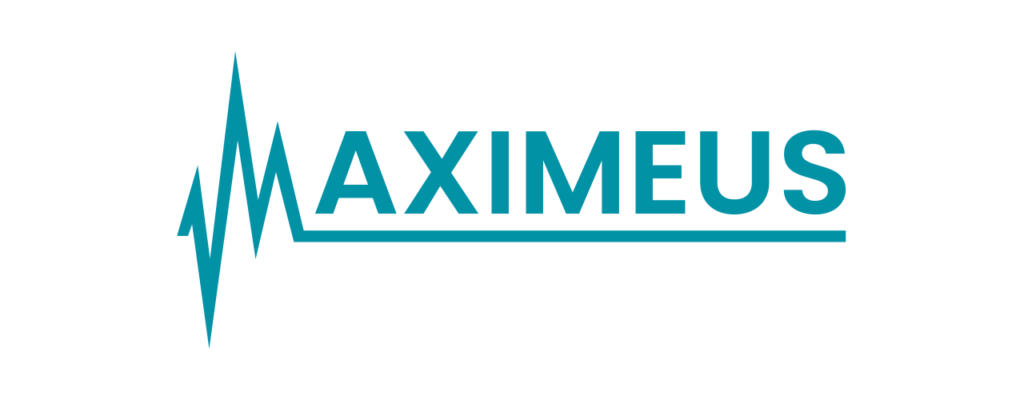Cloud computing has been a hot topic within the healthcare industry for several years. Cloud computing is a system to provide computing resources (e.g. data storage or processing, application hosting) and related services over the internet without the need to install and maintain the components of the system locally. With cloud computing, the cloud provider is responsible for computing resources and storage and the user is responsible for the applications that utilize the resources.
Cloud computing in healthcare helps nurses, doctors, hospitals, and clinics to deliver quality and affordable healthcare services, without a huge setup cost. Healthcare facilities no longer need to make a huge upfront investment in servers and instead can just “spin” a server in the cloud and pay for usage.
So let’s see how exactly cloud computing technology is transforming the healthcare industry.
Better Patient Care
The patient records are the digital footprints of the medical lives, and there is no better way to make them easily accessible than by storing them in the cloud. However, cloud computing is not just a storage solution; it is a huge multiplayer platform that can be used in an array of clinical applications. The flexibility of the cloud is the ultimate game-changer in clinical computing, enabling IT systems to work more effectively together to provide safe, efficient, and secure patient care.
Integration and Scalability
Cloud computing allows IT departments to consolidate their data and services into a virtual environment. This means that users no longer need to worry about data backups, server maintenance, platform configurations, and purchasing hardware. Instead, they can access their files anywhere, on any device. Another major benefit is the ability to scale and adapt resources on demand. Cloud computing allows businesses to easily scale the number of users, devices, and applications to meet customer demand.
Cost-Efficient and Improved ROI
Cloud-based solutions are fast becoming the go-to for many businesses that have a need to quickly and easily adapt to new opportunities or requirements. This is not just because they’re cost-effective, with the benefits of a better ROI and lower overhead, but also because they’re more flexible in terms of the ways they can be used.
Flexible and Adaptive
The benefits of cloud computing to healthcare can be described in two words: flexible and adaptive. With its innovative approaches, cloud computing allows healthcare providers to scale back and forth while keeping the same level of performance, especially when it comes to healthcare data.
Data Storage
Healthcare providers deal with different data like medical records, patient portals, mobile apps, and big data analytics. And with time, data keeps increasing. Cloud computing allows healthcare organizations to store all that data while avoiding the additional costs of maintaining physical servers. In addition to that, cloud storage providers make it easy to create backups of data so as to have redundancies in case something goes wrong with the original data.
Advanced-Data Analytics
The healthcare industry is a prime example of an industry where data is the most valuable asset. Healthcare companies use data analytics to make better-informed decisions, forecast trends and detect abnormalities, prescribe treatments and monitor treatment outcomes, plan and manage operations, and ensure efficiency and productivity. In addition to these main benefits, data analytics also provide health organizations with valuable information that can be used to improve patient care, cost-effectively manage their budgets, increase productivity, and save money.
Conclusion
There is no denying that cloud computing helps in transforming the healthcare industry. It helps in increasing resources availability, efficiencies, and boosting interoperability while lowering cost.
So if you truly want to transform and modernize the healthcare industry, cloud computing is the solution you must try. While doing that, make sure that cloud provider you choose has necessary certifications, like, HIPAA and other federal regulations.
